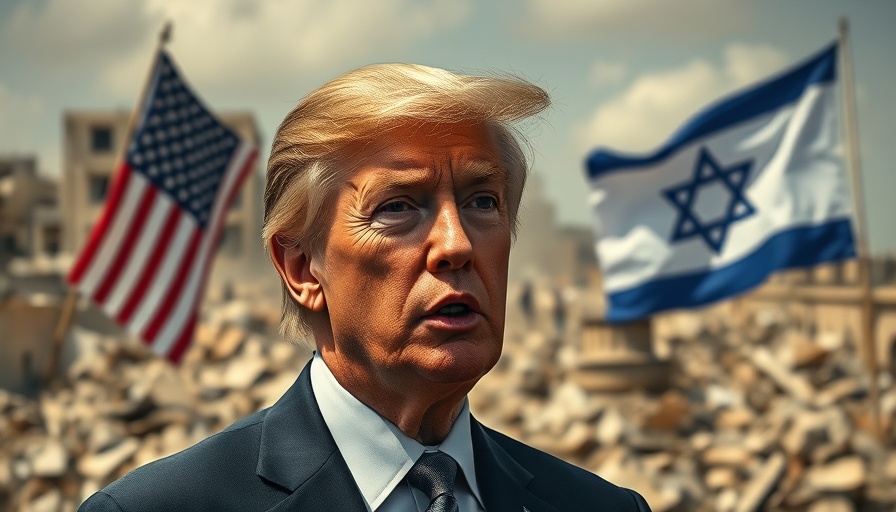
Understanding Trump’s Rejection of Egypt’s Gaza Plan
In a significant development, the White House recently rejected an Egyptian proposal aimed at reconstructing Gaza, a plan adopted during an Arab League summit. This rejection highlights ongoing tensions and the complexities surrounding the humanitarian crisis in the region. The plan was designed to address the aftermath of the devastating conflicts in Gaza, particularly in light of mass displacement issues due to hostilities involving Hamas. National Security Council spokesperson Brian Hughes stated, "Its residents cannot humanely live in a territory covered in debris and unexploded ordnance," indicating a critical need for a humanitarian intervention in Gaza.
The Egyptian Plan: Key Points of Contention
The Egyptian reconstruction initiative sought to prevent the emigration of Palestinians from Gaza and proposed a significant financial commitment to rebuild. However, it notably fell short in addressing the roles of Hamas in governance and the funding sources necessary for these ambitious plans. At the Arab League summit, leaders emphasized a unified stance against any form of displacement, whether forced or voluntary, asserting that the future of Gaza must prioritize Palestinian rights and statehood.
Reactions From the International Community
The rejection of Egypt's plan raises questions about U.S. foreign policy in the region and its commitment to a lasting peace process. The recent Arab League decision, representing a broader coalition of Arab states, underscores the contentious atmosphere as it pushes back against Trump’s vision, perceived by many as facilitative of Palestinian displacement. This dialogue indicates a shifting landscape where Arab nations seek a unified approach toward Gaza's reconstruction while prioritizing a Palestinian state alongside Israel.
Exploring the Broader Humanitarian Crisis
Current conditions in Gaza are dire, with more than 90% of homes reported damaged or destroyed, leaving residents unable to return to any semblance of normal life. While the Egyptian plan is structured around a $53 billion reconstruction effort, it still requires international support and assurances that rebuilding efforts will not be thwarted by future conflicts. The complex dynamics of Palestinian governance, particularly the influence of Hamas, remain unresolved, complicating any direct action towards rebuilding.
The Future Landscape for Gaza
As reconstruction plans evolve, the road ahead demands resilience from both the Palestinian people and the international community. With Arab states willing to engage financially, the timing of launching such initiatives must align with political stability, particularly in removing obstacles posed by militant factions. The Arab League's position is part of a bigger vision to foster peace and restoration in the region, emphasizing the need for a plan that is as much political as it is developmental.
Takeaway for Compassionate Action
For those of us concerned about the plight of our brothers and sisters in Gaza, engaging with this humanitarian crisis is essential. Advocacy for peace and support for reconstruction initiatives must continue, fostering conversations around the importance of restoring dignity and rights to the Palestinian people. By staying informed and advocating for solutions that incorporate justice and equality, we can contribute positively to this ongoing narrative.
 Add Row
Add Row  Add
Add 








 Add Row
Add Row  Add
Add 

Write A Comment